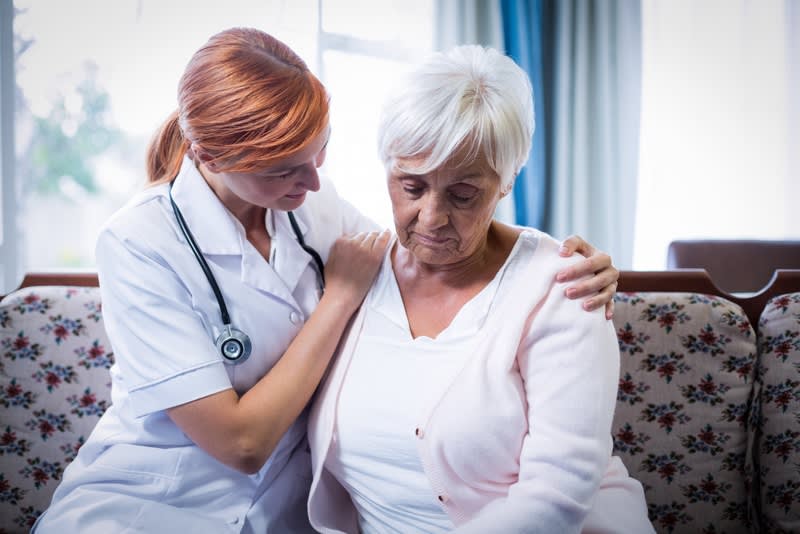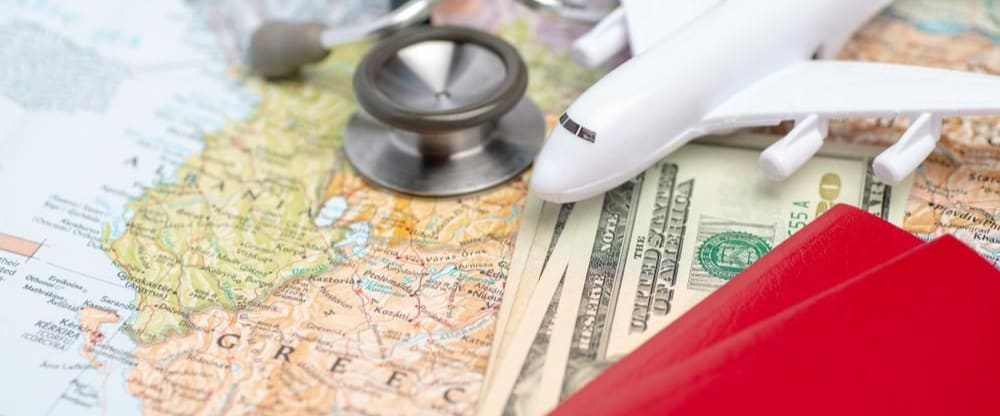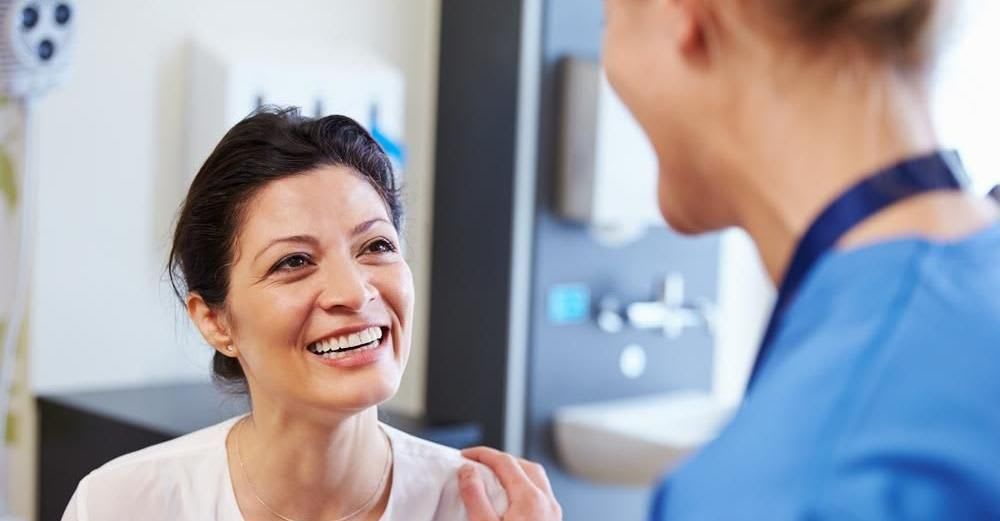Do You Know This One Essential Soft Skill for Medical Students?
When we think about what it takes to be a doctor, we often think about hard, science-based knowledge. And it’s true: Razor-sharp smarts in biology, anatomy and biochemistry are all essential to diagnosing and treating patients. But providing excellent patient care also takes critical soft skills, such as communication, respectfulness and thoroughness. One particular attribute which rises to the top when it comes to must-have soft skills for doctors? Empathy. Here’s a closer look at why it’s so important, along with how medical students can develop this skill.
- Student Tips

When we think about what it takes to be a doctor, we often think about hard, science-based knowledge. And it’s true: Razor-sharp smarts in biology, anatomy and biochemistry are all essential to diagnosing and treating patients. But providing excellent patient care also takes critical soft skills, such as communication, respectfulness and thoroughness. One particular attribute which rises to the top when it comes to must-have soft skills for doctors? Empathy. Here’s a closer look at why it’s so important, along with how medical students can develop this skill.

Why Empathy Matters
We’ve all heard the expression, “Put yourself in his/her shoes.” This is precisely what it means to have empathy: the ability to understand the thoughts, feelings and experiences of other people from their perspective. And while this is obviously a positive attribute for doctors to possess, it’s far more than that, according to a growing body of evidence indicating that empathy not only promotes better patient-physician relationships, but also better clinical outcomes.
Research shows that empathy facilitates increased information exchange, higher trust levels, better patient compliance, and overall improved satisfaction. Specifically, studies have linked physician empathy with better blood sugar levels in patients with diabetes as well as shorter and less severe symptoms in patients suffering from the common cold.
But having empathy doesn’t just benefit patients, as it turns out. A recent Huffington Post article discusses the problem of physician burnout, citing more technology and fewer face-to-face interactions as the root of a growing disconnect between doctors and patients. Even more troubling? Evidence suggesting that while most doctors start out as empathetic, empathy declines over the course of their careers -- beginning as early as the third year of medical school when intensive clinical rotations begin.
Empathetic doctors are even better for hospitals in the form of fewer medical errors and a reduced risk of malpractice suits.
One way to help doctors retain their commitment despite the demands of practicing medicine? Supporting their ability to treat patients as whole people, as opposed to merely as symptoms of their diseases. As former ER doctor Laurie Drill-Mellum told The Atlantic, “Empathy training is naturally self-rewarding. It gives [doctors] the love back.”

Learning Empathy as a Medical Students
It makes sense that medical schools now include in their curricula more teaching aimed at helping students learn to become empathetic toward their patients.
According to an article published in the Hawaii Journal of Medicine & Public Health, the process of teaching empathy is twofold and must address both “the physicians' understanding of patient concerns and their ability to convey to the patient this understanding and compassion.” And while these can be hard to teach and to learn, experts agree that doing so is a more than worthwhile endeavor.
Different schools have different empathy training initiatives. If you’re currently enrolled in medical school or choosing between programs, be sure to look into what empathy-building courses and programs are available.
For example, while “gallows humor” was once seen as a necessary coping methods for medical students dealing with the trauma of dissection during anatomy labs, medical schools are realizing that forcing students to see that every cadaver is a person who once lived a life can help them not only develop empathy, but also to apply it later in their careers when treating real patients. As a result, many medical schools are moving from a culture of emotional detachment to one which acknowledges the people cadavers were before ending up on a dissection table -- some even inviting family members of anatomical donors to participate in a ceremony honoring the contributions of the deceased.

Beyond the Classroom
But there are also ways to work on your empathy skills without stepping foot in a classroom. One oft-recommended technique? Traveling abroad. Even if you aren’t explicitly involved in the healthcare sector during your time abroad, exposure to different types of people and facilities can enrich worldviews, broaden perspectives, and heighten awareness of the fact that “a person’s health is affected by a myriad of socioeconomic, cultural, and behavioral factors, in addition to biological ones,” according to the Huffington Post.
Love to read, meanwhile? Stop looking at time with a good book as an extravagance and start looking at it as an investment in your empathy. Scientists have associated reading -- particularly fiction focused on character development -- with improved empathy. One study published in Journal of Applied Social Psychology even linked Harry Potter with reducing prejudice in its readers!
One of the main reasons doctors give for lacking in empathy is lack of time, and indeed, the life of a doctor is fraught with demands and challenges. But given everything we now know about its unilateral benefits of empathy for patients and physicians alike, embracing the shift from a mindset which relegates empathy to a nicety to one which accepts it as a very necessary component of quality care is of paramount importance.

Joanna Hughes
Author
Joanna worked in higher education administration for many years at a leading research institution before becoming a full-time freelance writer. She lives in the beautiful White Mountains region of New Hampshire with her family.
Read related articles

What You Should Know If You Want To Practice Medicine Abroad

Five Countries to Choose for Nursing Degrees
